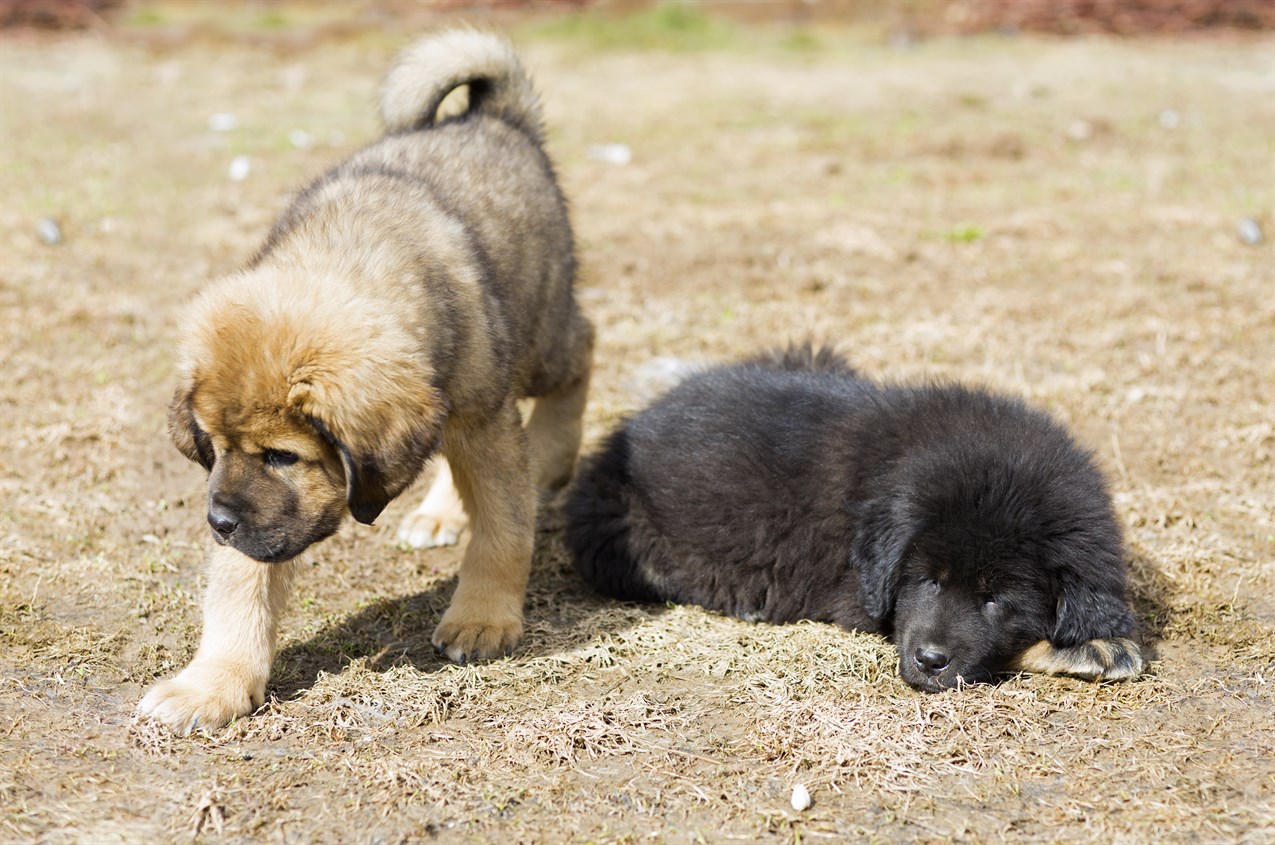Exercise Requirements of the Tibetan Mastiff

Tibetan Mastiffs are large, powerful dogs with moderate exercise needs. While they are not as active as some other breeds, regular exercise is essential to keep them healthy, mentally stimulated, and well-behaved. Here are some key considerations for meeting the exercise requirements of a Tibetan Mastiff.
Daily Walks
A daily walk is a must for a Tibetan Mastiff. Aim for at least 30 to 60 minutes of moderate exercise each day. This can be broken into two walks if needed. These walks provide mental stimulation and help prevent boredom.
Leash Training
Leash training is crucial due to their large size and protective instincts. A well-trained Tibetan Mastiff is easier to manage on walks and less likely to pull or become reactive toward other dogs or people.
Off-Leash Time
If you have access to a secure, fenced area, allow your Tibetan Mastiff to have some off-leash time. This gives them the freedom to explore and burn off excess energy.
Mental Stimulation
In addition to physical exercise, provide mental stimulation through puzzle toys, obedience training, and interactive games. Tibetan Mastiffs are intelligent dogs that thrive on mental challenges.
Playtime
Engage in interactive play sessions with your Tibetan Mastiff. Games like fetch, tug-of-war, and hide-and-seek can be enjoyable for both you and your dog.
Socialisation
Socialising your Tibetan Mastiff from an early age is essential. Exposing them to different people, animals, and environments helps them become well-adjusted and less prone to anxiety or aggression in unfamiliar situations.
Avoid Overexertion
Be mindful of your dog's limitations, especially in hot weather. Tibetan Mastiffs are not well-suited to strenuous exercise in extreme heat. Keep walks and playtime moderate and provide plenty of water.
Weight Management
Maintain a healthy weight for your Tibetan Mastiff. Excess weight can put strain on their joints and affect their overall well-being. Consult with your veterinarian to determine an appropriate diet and exercise plan.
Consider Their Age
The exercise needs of Tibetan Mastiff puppies, adult dogs, and seniors differ. Puppies have more energy and require shorter, more frequent play sessions, while older dogs may need gentler exercise.
Interaction with Other Dogs
If you have more than one dog, ensure that they interact positively. Tibetan Mastiffs can be wary of unfamiliar dogs, so proper introductions and supervision are essential.
Secure Yard
If you have a yard, make sure it's securely fenced. Tibetan Mastiffs have a strong protective instinct and may be prone to escaping to investigate potential threats.
In summary, while Tibetan Mastiffs are not excessively active dogs, they do require regular exercise, mental stimulation, and socialisation to stay happy and healthy. Meeting their exercise needs helps prevent behaviour problems, keeps them physically fit, and enhances their overall quality of life. Tailor their exercise routine to their age and energy level, and always prioritise safety during outdoor activities..
Tibetan Mastiff puppies for sale
- Find Tibetan Mastiff puppies for sale in ACT
- Find Tibetan Mastiff puppies for sale in NSW
- Find Tibetan Mastiff puppies for sale in NT
- Find Tibetan Mastiff puppies for sale in QLD
- Find Tibetan Mastiff puppies for sale in SA
- Find Tibetan Mastiff puppies for sale in TAS
- Find Tibetan Mastiff puppies for sale in VIC
- Find Tibetan Mastiff puppies for sale in WA